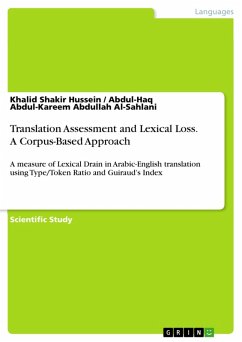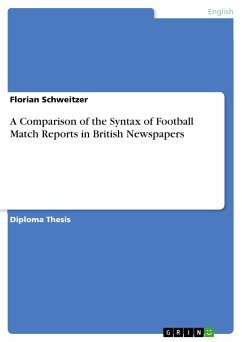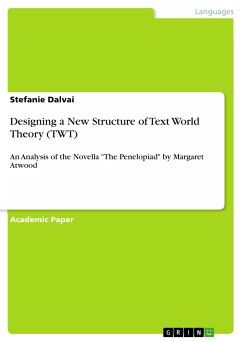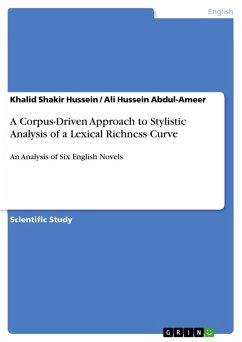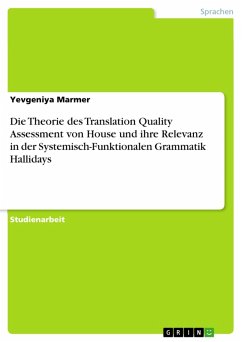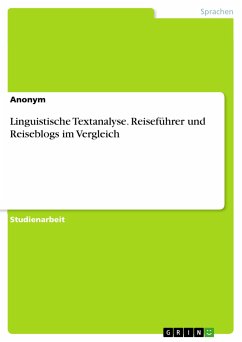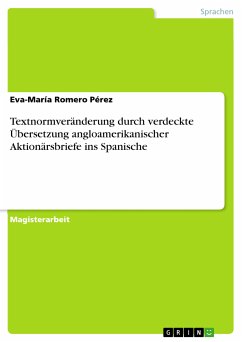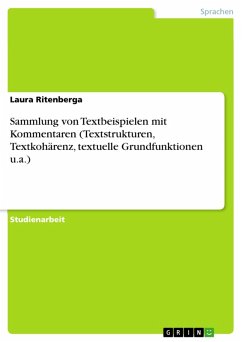Scientific Study from the year 2019 in the subject Speech Science / Linguistics, Thi-Qar University (College of Arts), language: English, abstract: Over the past 30 years corpus-based investigations have witnessed unprecedented familiarity among the circles and trends of modern linguistic researchers. The research potentialities are limitless and rather confusing. The applications extremely proliferate every day ranging from language teaching, forensic linguistics, historical studies, psycholinguistics, cross-cultural studies to translational studies. This book chases one particular potentiality of corpus-based studies related to the process of translation within a sort of assessment context. The challenges are quite many starting with the scarcity of serious corpus-based studies of Arabic and ending with the complex morphological variations between Arabic and English and the way these variations should be addressed within the context of a corpus-based assessment of the translation as a process. Knowing the criss cross nature of translation assessment, the researchers focused on one specific feature to be traced in the source text and the target text(s). This feature scores the rates of lexical loss in both ST and TT to reach a sort of calculation that might measure the size of the gap between the lexicon sizes of both texts. With the aid of corpus linguistics and stylistics in respect to their meeting area corpus stylistics, the researchers measure the lexicons of three English translations (those of Yusuf, Pickthall and Muhammad) which have shown different degrees of lexical loss in comparison with the original Arabic Quranic text. These degrees go hand in hand with the size of the linguistic repertoire each translator utilizes in his translation to such an extent that it sounds rather promising to regard lexical loss measure as a trustworthy stylistic marker. That is, each translator has his own distinctive rate of lexical loss that might be an idiosyncratic marker of his translational style.
Dieser Download kann aus rechtlichen Gründen nur mit Rechnungsadresse in A, B, BG, CY, CZ, D, DK, EW, E, FIN, F, GR, HR, H, IRL, I, LT, L, LR, M, NL, PL, P, R, S, SLO, SK ausgeliefert werden.

